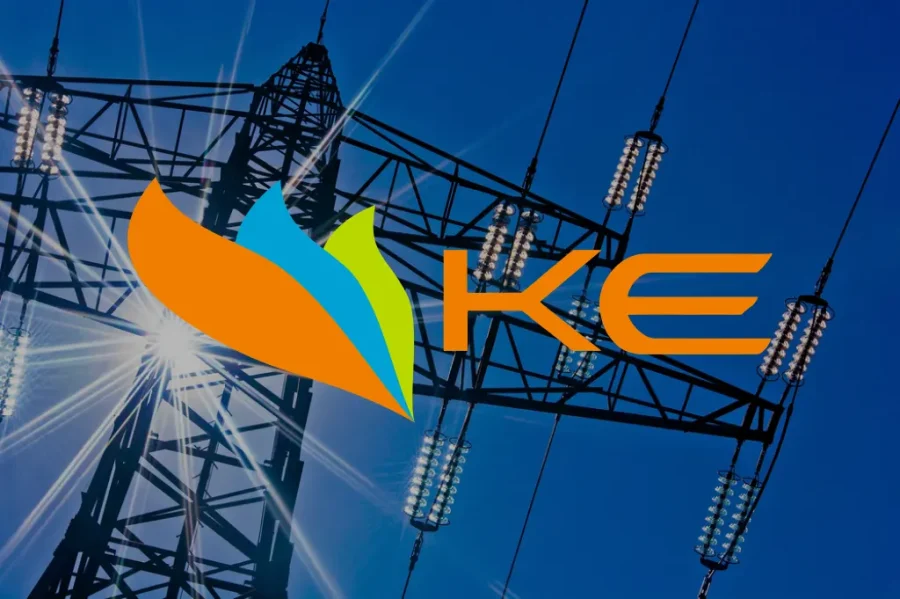“Localization is a dream we must achieve,” shared CEO KE Moonis Alvi with an audience including Minister of State for Petroleum, Dr Musaddik Malik, Chairman NEPRA Tauseef H Farooqi, Governor Sindh Kamran Tessori, and Dr Shamshad Akhtar Chairperson Pakistan Stock Exchange.
These sentiments were echoed by all attendees at the National Policy Dialogue organized by Nutshell on Localization for Growth. Commenting on the need for industries, academia, government, and private sector to work together, Moonis shared the opportunities present in Pakistan’s energy sector. Investment in infrastructure is an ongoing requirement and KE itself has shared a PKR 484 billion investment plan over the next 7 years which will target improvements in transmission and distribution. The plan outlines the addition of new grids, cables, and equipment against projects supporting growth, reliability and further reduction of losses in the system.
The company said currently 70% of its procurement is imported materials which they are trying to reduce and go local wherever possible. With support of local industries, KE highlighted that not only the company but power sector must come together to achieve this ambition.
KE has already begun opting for locally produced spares such as reactor coils, gear box shafts, bushing covers, jointer slices and fault indicators. Opting for ‘Made in Pakistan’ innovations by leading manufacturers in power sector value chain is making us more efficient with reduced lead times, minimized supply risk, and significant savings on foreign exchange, CEO KE said.Dr. Malik’s address focused on the need to understand the ground realities as well as the potential and why localization is not a demand but a need.
He felt that instead of relying only on one-time solutions, we should strive for a strong indigenous footprint. “We can only become competitive on a global scale when we achieve a local edge. When we talk about localization, we must develop clusters, where several economic activities are taking place in one geographic area. Amalgamations are also required where we involve academia, so that we can upgrade our education system as well.
Soon, we aim to bring down the UFGs (unaccounted for gas) and the circular debt to zero, but that doesn’t mean all the problems would vanish, rather we still have a long way to go. Above all, we need to build a level playing field where competition is on productivity and innovation alone.” Senator Dr. Musadik Malik, Minister of State, Ministry of Energy. “Electric vehicles initiatives will cut emissions in half and imported fuel consumption by half; it will save us dollars and provide expanded opportunities for employment and infrastructural development in Pakistan.” Khurram Dastagir, Federal Minister for Power.










